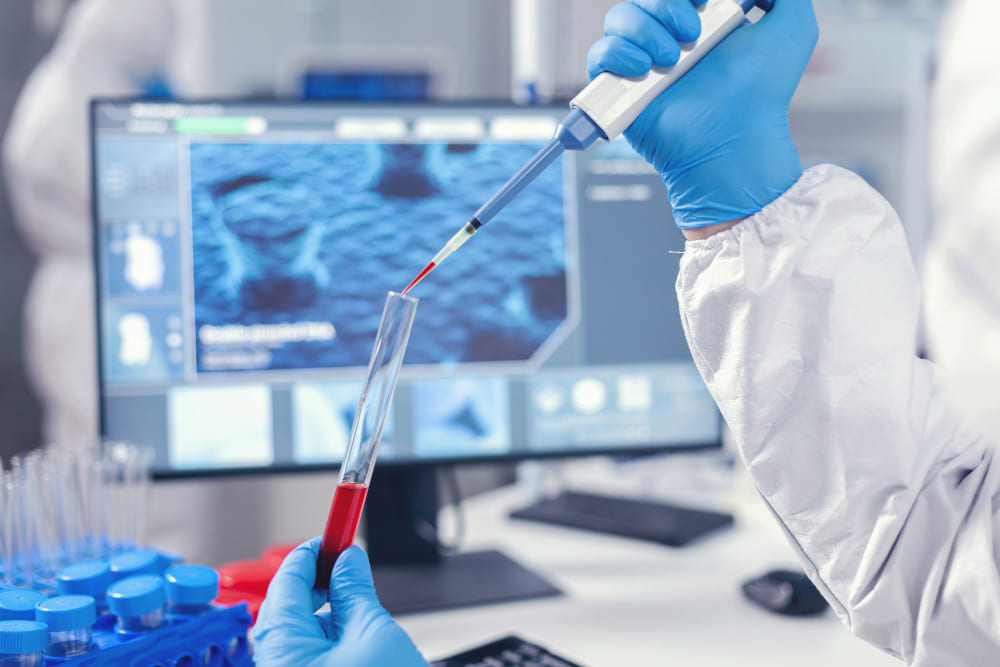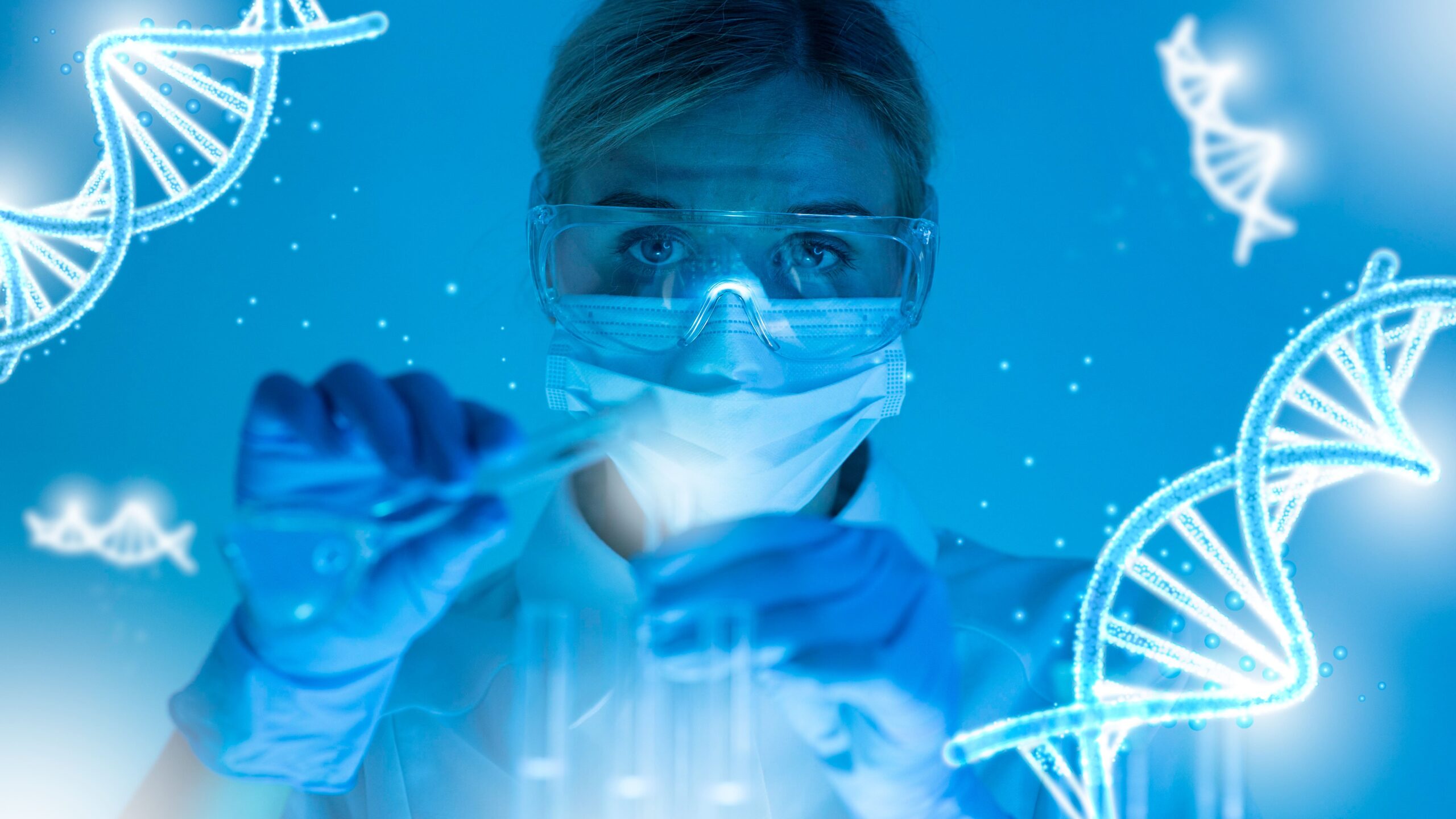In today’s fast-paced world, our bodies are constantly bombarded with various stressors, pollutants, and toxins. Fortunately, our bodies have a remarkable built-in mechanism known as autophagy that serves as the ultimate cleanup crew. This natural process plays a crucial role in maintaining our overall health and well-being. In this article, we’ll Understand about the world of autophagy, exploring what it is, how it works, and how you can harness its benefits for a healthier life.
Table of Contents
Introduction to Autophagy
Autophagy, derived from the Greek words “auto” (self) and “phagy” (eating), can be thought of as a self-eating process within our cells. It’s a fundamental mechanism that allows cells to remove damaged or dysfunctional components, making room for new and healthy ones. This process is crucial for maintaining cellular health and overall well-being.
It operates on a “quality control” principle, ensuring that our cells remain efficient and free from clutter.
Understanding the Autophagy Process
Autophagosomes: The Cellular Cleanup Sacks
Autophagy begins with the formation of small membrane-bound structures called autophagosomes. These “cleanup sacks” engulf damaged organelles and cellular debris, preparing them for recycling. Imagine autophagosomes as tiny, cellular garbage bags that collect and bundle up cellular waste.
Autolysosomes: The Recycling Centers
Autophagosomes then fuse with lysosomes, creating autolysosomes. Lysosomes contain enzymes that break down the contents of autophagosomes into basic molecules, which can be used by the cell for energy or to build new components. This process can be likened to a recycling plant where materials are broken down and repurposed.
The Significance of Autophagy
Cellular Maintenance and Repair
Autophagy plays a pivotal role in cellular maintenance and repair. By removing damaged components, it ensures that our cells function optimally, reducing the risk of various diseases. This process is like a cell’s repair workshop, ensuring that every component is in perfect working order.
Immune System Boost
A well-functioning autophagy process enhances immune system activity. It helps the body defend against infections and diseases, promoting overall health. Think of it as the body’s immune system training camp, where immune cells are fine-tuned to recognize and combat threats.
Aging and Longevity
Research suggests that autophagy may be linked to longevity. By eliminating dysfunctional components, it can potentially slow down the aging process and extend lifespan.
When Does Autophagy Start?
Autophagy initiation varies from person to person, but it generally begins after approximately 12 to 16 hours of fasting. During this time, your body has utilized the glucose from your last meal, and your insulin levels drop. As a result, your body switches to burning stored fat for energy, a state known as ketosis. This transition signals the start of autophagy.
However, it’s essential to remember that it isn’t a sudden, all-or-nothing process. It occurs on a spectrum, with varying levels of activity depending on the duration of fasting and other factors. Longer fasting periods, such as 18 to 20 hours or even 24 hours, can enhance the efficiency and cellular cleanup.
Signs of Autophagy
While detecting autophagy within your body isn’t as straightforward as checking a gauge, there are some signs and effects that may indicate your body is undergoing this essential cellular cleanup process:
- Increased Energy: Many people report a surge in energy levels during and after fasting periods, which can be attributed to the activation of autophagy. As damaged cellular components are removed, your cells become more efficient at producing energy.
- Improved Mental Clarity: Fasting and autophagy may lead to enhanced mental clarity and focus. This could be linked to the removal of damaged proteins and cellular debris that can interfere with cognitive function.
- Feeling of Rejuvenation: Some individuals describe a sense of rejuvenation or renewal after fasting. This feeling could be attributed to the overall improvement in cellular health and the body’s natural repair processes.
It’s important to note that these signs can vary from person to person, and the experience of it may differ based on factors such as your fasting duration, diet, and overall health.
Autophagy Fasting Timeline
Understanding the fasting timeline can provide valuable insights into how your body adapts to fasting and when you may experience specific benefits:
- 0-4 Hours: This initial phase primarily involves digestion and energy utilization from your last meal. Blood sugar levels are stable.
- 4-8 Hours: Your body begins using stored glycogen for energy, and insulin levels drop, facilitating the transition to fat burning.
- 12 Hours: Autophagy initiation commences at around the 12-hour mark. The cellular cleanup process starts as your body seeks to optimize resources.
- 16 Hours: It is actively removing damaged cellular components at this stage. You may start to notice some of the benefits associated with autophagy.
- 18-20 Hours: It reaches its peak efficiency, ensuring a thorough cleaning of cells and promoting overall cellular health.
- 24 Hours: Beyond 24 hours, it continues to enhance cellular health, potentially offering additional benefits.
- 48 Hours: Prolonged fasting, such as a 48-hour fast, can further enhance autophagy and may have more pronounced effects on factors like fat burning.
Always pay attention to your body’s signals during fasting, and ensure you stay well-hydrated. If you’re new to fasting or have specific health concerns, consult with a healthcare professional to create a fasting plan that suits your needs and goals.
Ways to Activate Autophagy
Intermittent Fasting
Intermittent fasting is a powerful tool to kickstart autophagy. By restricting your eating window, you give your body the chance to engage in cellular cleanup. During fasting periods, the body switches from using glucose as its primary energy source to burning stored fats. This transition prompts autophagy, as the body seeks to recycle cellular components for energy.
Exercise
Regular physical activity stimulates autophagy. Exercise promotes the removal of damaged proteins and organelles, contributing to better cell health. It’s as if each workout is a cellular fitness regimen, ensuring that your cells stay in peak condition.
Caloric Restriction
Reducing calorie intake can also induce autophagy. It mimics fasting and triggers the cellular cleanup process. Caloric restriction encourages the body to prioritize the use of stored energy and recycle damaged cellular components.

Autophagy and Disease Prevention
Cancer
Autophagy’s role in preventing cancer is complex. While it can eliminate damaged cells that may become cancerous, it can also help established cancer cells survive. Research is ongoing in this area, but it’s clear that it plays a crucial role in the body’s defense against cancer.
Neurodegenerative Diseases
Autophagy can prevent neurodegenerative diseases like Alzheimer’s and Parkinson’s. Maintaining a healthy autophagy process may lower the risk of these conditions.
Diabetes
Autophagy plays a role in insulin sensitivity and glucose regulation. It can contribute to better diabetes management by optimizing how the body processes sugar and insulin. It is a regulatory mechanism, ensuring that glucose levels are balanced.
Cellular Rejuvenation
Skin Health
Autophagy can help maintain youthful skin by removing damaged proteins and promoting collagen production. It’s like a beauty treatment for your cells, ensuring that your skin remains radiant and healthy.
Detoxification
The autophagy process aids in detoxifying the body by clearing out toxins and damaged cellular components. It’s the body’s own detox program, ensuring that harmful substances are removed efficiently.
Practical Tips to Support Autophagy
A Balanced Diet
Consuming a diet rich in antioxidants and nutrients supports autophagy. Include foods like fruits, vegetables, and lean proteins in your meals. These nutrients act as fuel for the cellular cleanup crew.

Quality Sleep
Quality sleep is crucial for autophagy. Ensure you get 7-9 hours of quality sleep each night to allow your body to carry out its cleanup functions. Think of sleep as the autophagy team’s shift change, where the night crew takes over the cleanup duties.

Stress Management
Stress can block autophagy. Include stress-reduction techniques like meditation and mindfulness into your daily routine. Stress management is like ensuring a peaceful work environment for the autophagy crew, allowing them to focus on their tasks.

Weight Management
The Role of Autophagy in Weight Loss
Autophagy can help in weight loss by breaking down fat cells for energy when food is scarce, then it helps burn the body’s fat reserves during times of fasting or caloric restriction.
Healthy Eating Habits
Adopting healthy eating habits supports autophagy and long-term weight management. A balanced diet provides the necessary nutrients for the body to carry out its cleanup tasks efficiently.
Yoshinori Ohsumi: The Autophagy Pioneer
Early Life and Education
Yoshinori Ohsumi, born on February 9, 1945, in Fukuoka, Japan, embarked on a scientific journey that would revolutionize our understanding of autophagy. He obtained his Ph.D. in Molecular Biology from the University of Tokyo in 1974 and went on to conduct groundbreaking research in the field of autophagy.

Groundbreaking Autophagy Discoveries
Ohsumi’s pioneering work in the 1990s led to the discovery of the genes responsible for autophagy in yeast cells. His research revealed the molecular mechanisms behind autophagy.
Nobel Prize Recognition
In 2016, Yoshinori Ohsumi was awarded the Nobel Prize in Physiology or Medicine for his outstanding contributions to the field of autophagy. His work not only deepened our understanding of this essential process but also opened up new avenues for research into various diseases and potential therapeutic interventions.
Conclusion
Autophagy is a fascinating and essential process that our bodies depend on for cellular health and overall well-being. By understanding how autophagy works and adopting habits that support it, you can take proactive steps toward a healthier, longer life. It’s like having an elite team of cleaners inside your body, ensuring that everything runs smoothly.
With the pioneering work of Yoshinori Ohsumi, we now have a deeper appreciation for the complexity and importance of it in maintaining our health. As we continue to explore this fascinating field of science, the potential for improving our understanding of it’s role in health and disease remains boundless.
Frequently Asked Questions (FAQs)
- Is autophagy the same as apoptosis?
- Autophagy and apoptosis are distinct processes. Autophagy involves the removal of damaged cellular components, while apoptosis is programmed cell death.
- Can anyone benefit from autophagy activation?
- Yes, virtually anyone can benefit from activating autophagy. It’s a natural process that supports overall health.
- How long does it take to activate autophagy through intermittent fasting?
- Autophagy typically starts after 12-16 hours of fasting, but the exact timing can vary from person to person.
- Are there any risks associated with autophagy activation?
- Generally, autophagy activation is safe. However, it’s essential to consult with a healthcare professional before making significant dietary or lifestyle changes.
- Can supplements enhance autophagy?
- Some supplements, such as resveratrol and curcumin, may support it. However, their effectiveness can vary, and it’s best to prioritize a balanced

